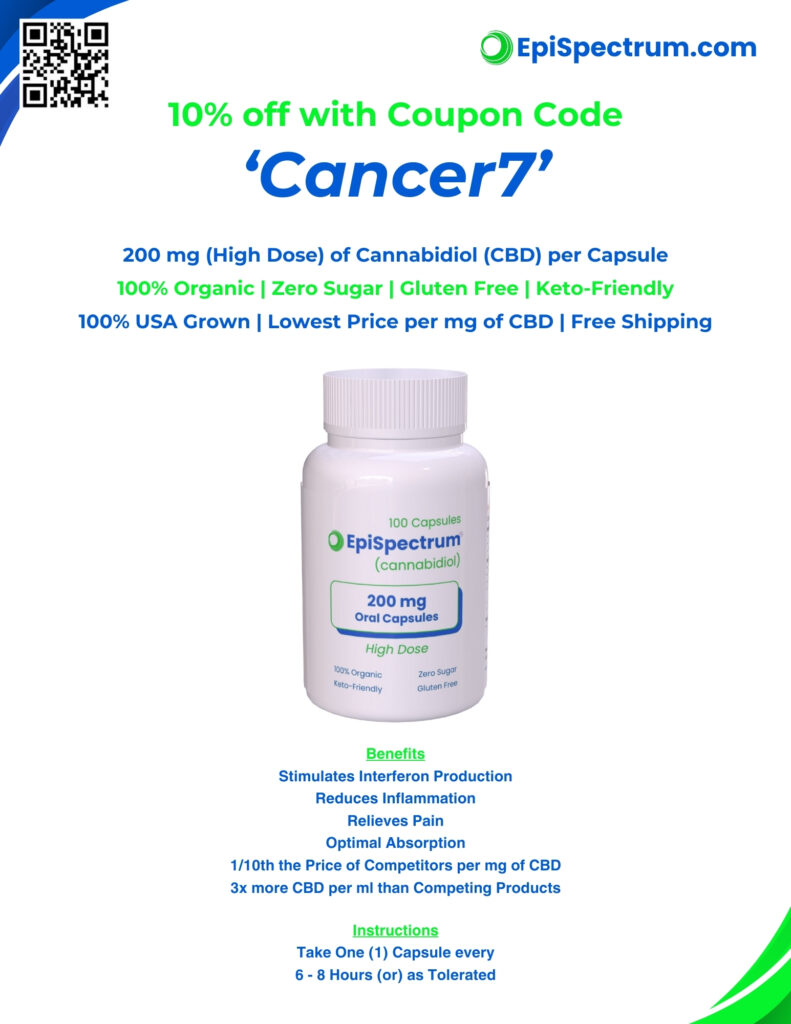In the field of oncology, administering Vitamin C intravenously (IV) stands out as an effective approach, especially when there’s a need for quick and significant doses of this nutrient. Delivering Vitamin C directly into the bloodstream via IV ensures rapid absorption and sustains high levels in the body. Research indicates that this form of Vitamin C administration can lead to longer survival rates for patients, highlighting its value as a supportive treatment in the overall strategy for combating cancer.
The role of Vitamin C in cancer treatment is not limited to its direct effects. It has been found to enhance the efficacy of traditional cancer therapies, such as chemotherapy and radiation, through its synergistic actions. Vitamin C boosts the Adrenal Glands’ function, crucial for immune system regulation and enhancing the body’s ability to fend off illnesses. The pituitary gland’s regulation of this hormonal network affects cellular activities across the body, influencing various tissues and functions.
When the body is infused with Ascorbic acid (Vitamin C), it directly impacts the Adrenal Glands, stimulating them to release a surge of hormones that spread through the cellular network. Thus, Vitamin C serves as a trigger, spurring the Adrenal Glands into action to distribute hormones stored within, initiating a domino effect of positive reactions across the body’s systems. This dynamic interaction highlights Vitamin C’s comprehensive therapeutic potential in cancer treatment and general health maintenance.





